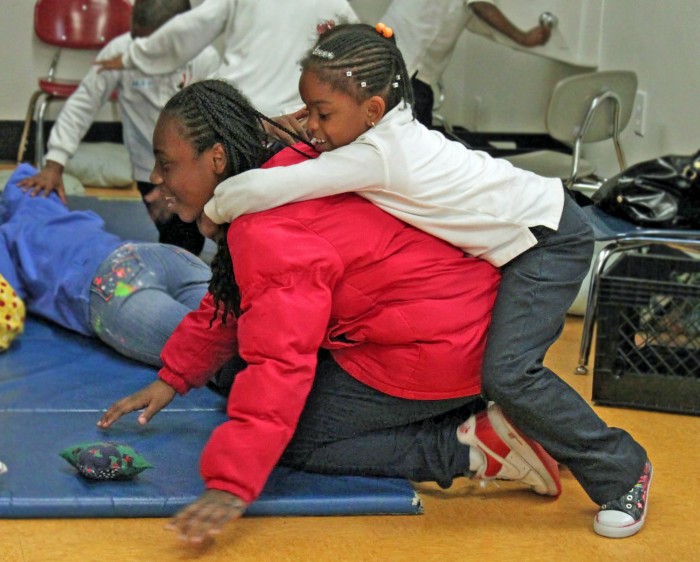“Don’t be so emotional!” “Don’t let your feelings run away with you!” “Big boys don’t cry.” “Calm down and let’s be rational about this.” Life is full of warnings to keep our emotional lives in check. Yet emotion, and the human connections it makes possible, is essential to happy, productive lives.
What Are Emotions For?
Emotions are at the root of everything we do—they guide us, motivate us and give the everyday moments of our lives meaning and color and energy. It is emotional awareness that allows people to receive the contents of each other's minds. Every time you talk with a friend or see a powerful movie or read a book that sends shivers down your spine with its conclusion, you connect with the emotional experience of another person. For a moment you are part of another perspective and another way of looking at the world. Emotions allow communion with another.
Emotional expressions are universal. There have been many studies of isolated, preliterate tribes who had no exposure to Westerners who make the same facial expressions of emotions as Americans, and can recognize accurately American’s expressions and what they mean. Blind children still smile when they are happy—even though they have never seen anyone around them do so.
In fact, all mammals are excellent at reading the signals of emotion that others send out. Ever had a dog or cat who would come to sit with you when you were feeling tearful? Or how about the instant feeling of recognition that you get when your child comes home from school in a rotten mood? Humans have very finely tuned receptors in the limbic brain for reading many different types of nonverbal signals. And they are especially tuned in to other members of their family.
Working with our Emotional Nature
The best thing about a grumpy emotional state your toddler wakes up in is that it doesn’t last forever. Most human emotions are quick to arise and just as quickly fade away again. Emotions are like our internal weather. Might be looking pretty cloudy this afternoon but by morning we expect sunshine to return again.
And, like them or not, emotions are about as easy to control as the weather too. We can’t control the feelings we have—what we want, who we love, or whether we’re happy or not at a certain time. Children do not have conscious control over what they feel at a given time, and may only have limited control over how they express what they might be feeling. Emotional life can be influenced, but it cannot be commanded. As parents, it’s our job to help our children understand that emotional life is rich, is powerful, and while we need not let it make our decisions for us, neither should we fear it. Remember, “All feelings are acceptable, even if all behaviors are not.”
 When we take the time to Staylisten with a child who is overwhelmed at that moment, we are letting them know that they are fundamentally welcomed by us, the good and the ugly, the smiles and the tears. Who they are and what they experience as a human being are OK with us, even while some of the expressions of those emotional states are bound to be clumsy and uncomfortable at times. They, and their most tender and closely held emotional experiences, are loved and cared for. Maybe we can’t agree with them that it’s a good idea to return the new baby to the midwife who helped deliver it, but we can certainly understand how they might have a lot of feelings about the changes the new baby has brought. We won’t let them smash the complicated toy with too many moving parts to bits, but we can appreciate how deeply frustrated and incompetent they are feeling while they try to master it. We can understand and listen to how frightening it is to lay there in the dark all alone, and at the same time we can feel confident that they can sleep in their own beds all night long.
When we take the time to Staylisten with a child who is overwhelmed at that moment, we are letting them know that they are fundamentally welcomed by us, the good and the ugly, the smiles and the tears. Who they are and what they experience as a human being are OK with us, even while some of the expressions of those emotional states are bound to be clumsy and uncomfortable at times. They, and their most tender and closely held emotional experiences, are loved and cared for. Maybe we can’t agree with them that it’s a good idea to return the new baby to the midwife who helped deliver it, but we can certainly understand how they might have a lot of feelings about the changes the new baby has brought. We won’t let them smash the complicated toy with too many moving parts to bits, but we can appreciate how deeply frustrated and incompetent they are feeling while they try to master it. We can understand and listen to how frightening it is to lay there in the dark all alone, and at the same time we can feel confident that they can sleep in their own beds all night long.
